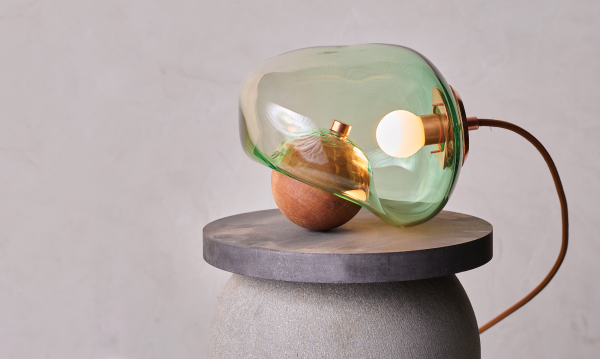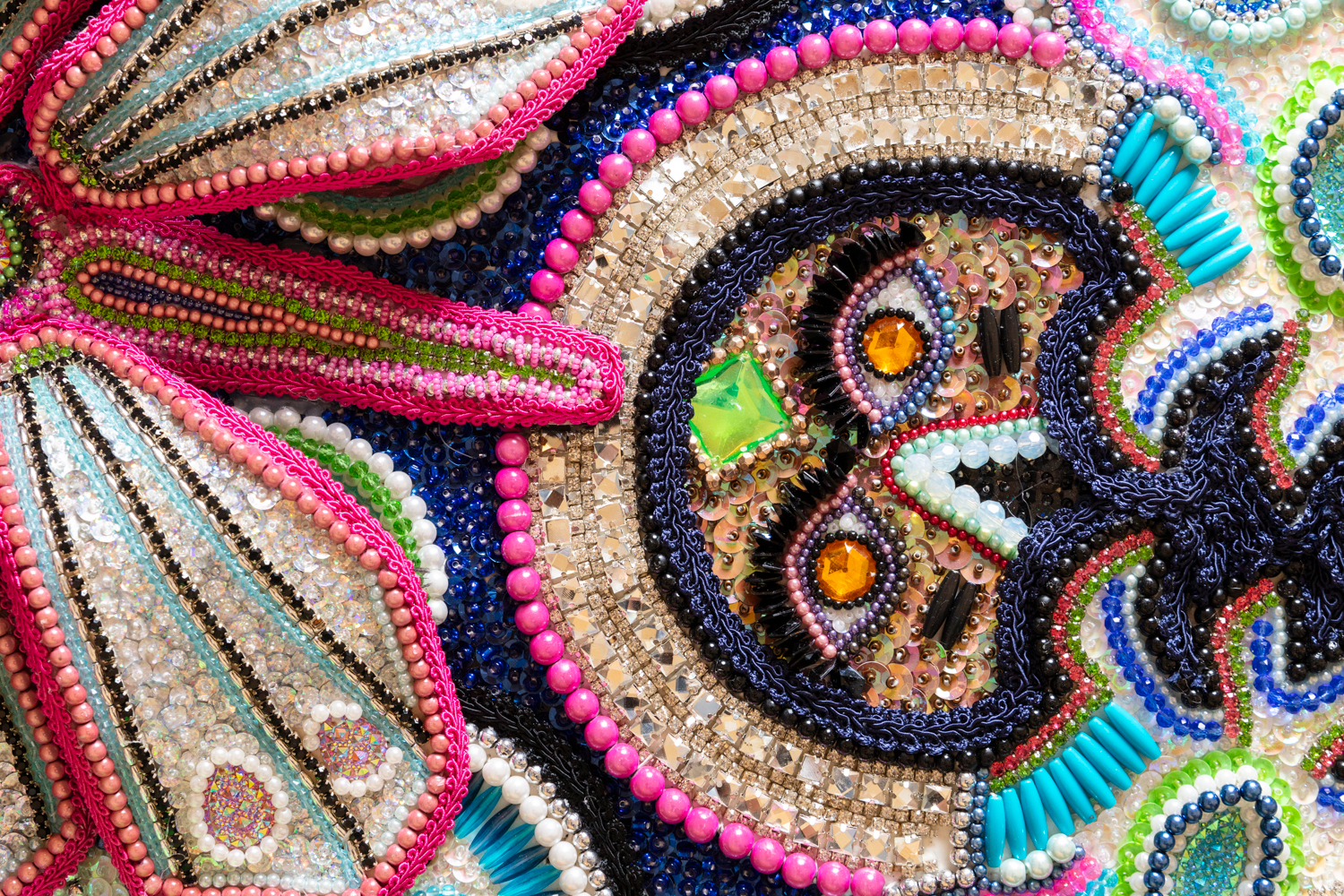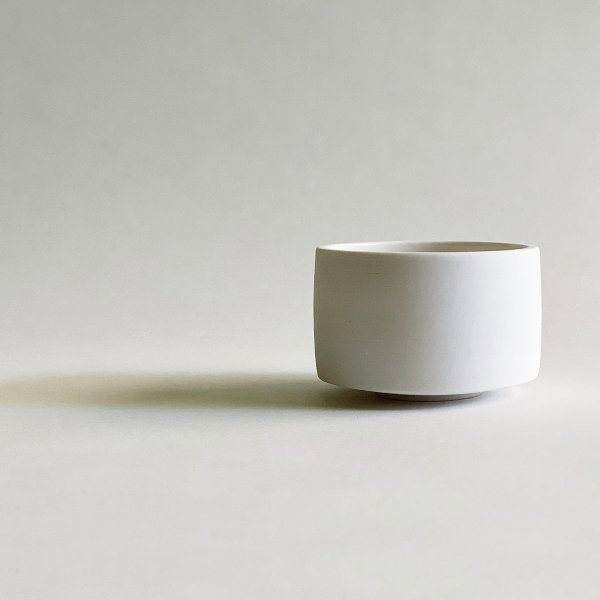Although much has been written about both the beauty and tribulations of winter, Sinclair Lewis’s observation may be the most succinct: “Winter is not a season, it’s an occupation.”
Once winter settles in—whatever your geographic latitude—there is no hastening its withdrawal. And while the season often overstays its welcome, there are myriad delights to be enjoyed during the shortened days—such as the guilt-free comfort of staying home and reading a book, cooking, crocheting, or binge-watching some delicious, if nutritionally bereft, streaming series.
That said, the increased darkness can take its toll, especially after holiday decorations are stashed and the novelty of snow or rain has settled into the endless dull grays and browns of winter. Light is a powerful antidote to maladies associated with midwinter darkness. With that in mind, we’ve gathered together lamps that not only provide illumination but also proffer pleasure through their handcrafted approaches to upping the wattage. For all of these artists and makers, lighting is one aspect of a design practice that seeks to transform our interior landscapes. Whether wrought from glass, meerschaum, ceramic, metal, gypsum—or yes, dung—each of these singular fixtures stares down the darkness with poetic verve, while presaging brighter days.
















